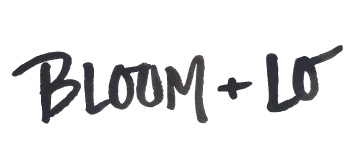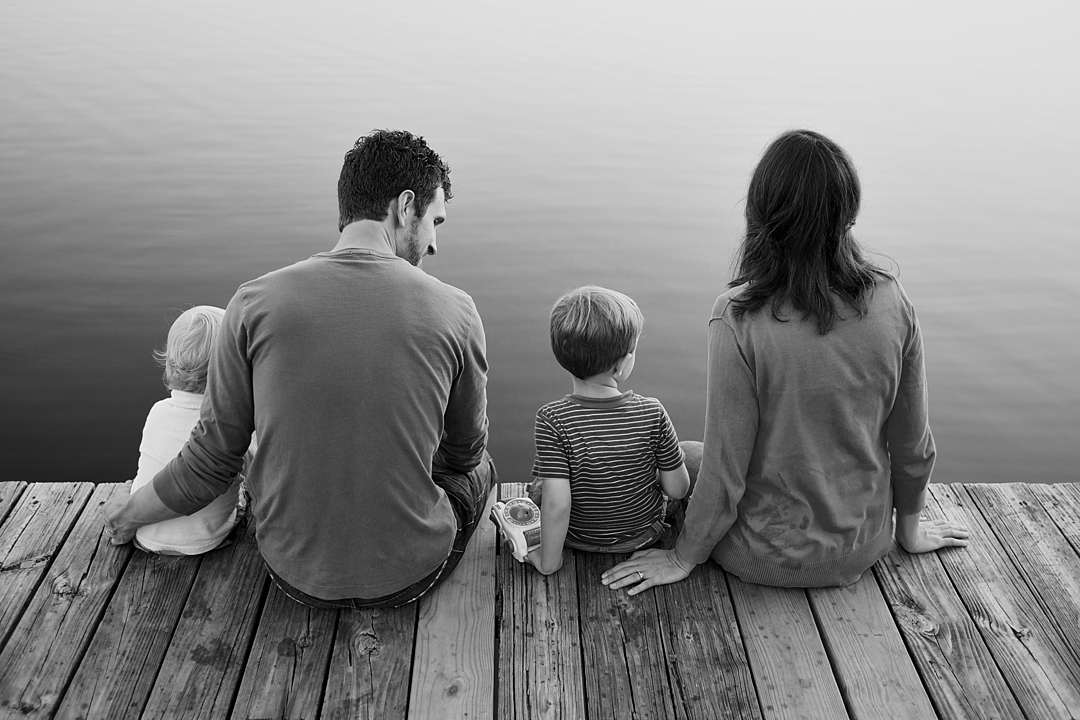I recently read a trending article written by a very well-regarded and admired portrait photographer, Ben Sasso. He began to tear down the misconception that the photography industry is a place of competition, and instead pushed the idea that the industry is an environment for uplifting, encouraging, and creating community. This idea—Community > Competition—is so simple and widely known, yet jealousy and self-entitlement often cause us to overlook it.
I saw this during a webcast last month where a range of photography experts (including Ben) met to go over industry trends and tips. The sharp contrast between his "if one improves, we all improve" mentality, and the negative, if not defensive, outlook of his more experienced "colleagues" was shocking. I was deeply hurt by the rate in which leading experts and mentors tore down the more inexperienced, green demographic of the photography industry. They basically pointed out how sales are down, knowledge is being lost, and the "middle class" of photography is being reduced to undereducated hobbyists pretending to be professionals.
It hurt because not too long ago, that was me. And in some senses, that still is me. I was (and still am) trying to figure out the ins and outs of running a profitable and purposeful business, charging what I'm worth, and setting up reception lighting on the fly. I was offering services well beneath my competitors' rates, and willing to work for almost nothing just to get something of a portfolio going. But I was also reaching out to photographers with more experience, better portfolios, and higher-paying clients. And you know what? They didn't ridicule me for being ignorant of tax forms, or for charging under $1000 to shoot a wedding. They didn't even ridicule me for that one time (or 5 times) I used selective color and thought planting a huge watermark in the corner of my photos made my amateur work look more professional. (Bless them for that!)
Instead, they took me under their wing. They showed me the ropes, shared their business models, shooting techniques, and pricing breakdowns. They let me work along side them to learn, to get better, and to be a teammate. And they did it because they believed in me, they saw that I had something raw to contribute, and they jumped on the opportunity to better the industry as a whole.
I now have the opportunity to succeed because they saw greater value in sharing their "secrets to success," rather than keeping their success to themselves. They saw value in investing time and instilling the importance of community effort instead of competition. Furthermore, they never bad-mouthed, discouraged, or let others' success keep them from open-handedly offering their wisdom and experience. I hope that someday when I finally figure out what the heck I'm doing, I'll be able to pass along the same mindset to my students.
So here are some real life secrets to my "success."
At 25, I am a work in progress. I struggle to believe I have what it takes to "make it." I work in a home office (AKA a desk 5 feet away from my usually unmade bed). I don't have an assistant to email my clients, make me coffee, drop packages off at UPS, or tell me how amazing I am. I worry about whether or not I'll have enough business in the coming year to continue. I regularly debate dropping my prices and short-selling myself just to compete with my cheaper alternatives. I get nervous before shoots. I wonder what other photographers think about my work. I have a hard time putting myself out there. I still get a twinge of jealousy when a client chooses to book my competitor over me. I sometimes toy with the idea of quitting because I'm afraid of failing or producing mediocre work.
But on the flip-side, my biggest secret is that I have a community. I work with people who view themselves as team players, not competitors. I am surrounded by photographers who inspire others. I have relationships with photographers who are willing to pass my information along when they can't book the job themselves. And I can count on those photographers in times of need and disappointment, or when I'm about to make a new equipment purchase.
Having that sort of community prevents my lack of knowledge or experience from defining and degrading me. It ensures me that I have a place and a purpose in the industry, and it gives me confidence that people are rooting for my growth and success instead of bad-mouthing me or tearing me down. It's this sort of mindset, Community > Competition, that allows the world of photography to go round, to improve, and to continue to produce work that will forever memorialize and celebrate life as it happens. We, as creatives and storytellers, are responsible for documenting and communicating the history of humanity—the trends, the events, and the environments—as it is told through the power of an image. So let's not screw it up by forgetting whose team we're on. Let's be the first to encourage, inspire, and contribute our knowledge and resources to better the industry as a whole.
-Amelia, aspiring photographer and team-player

